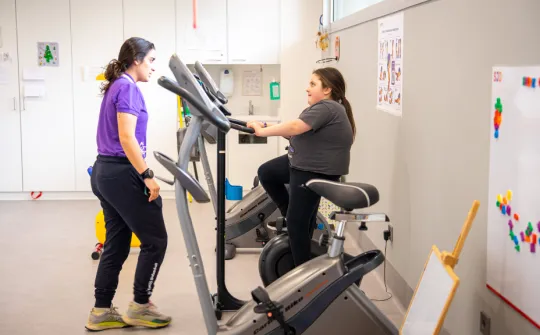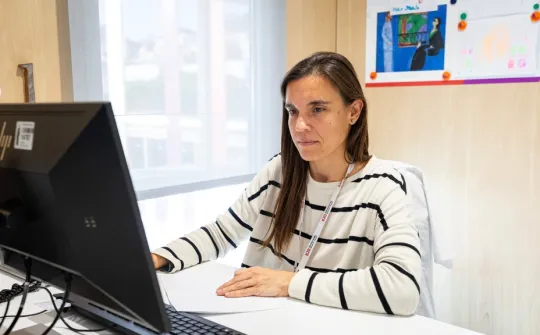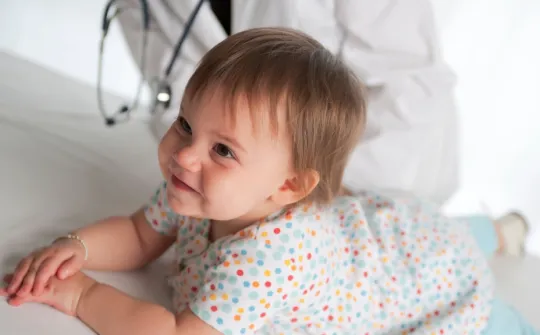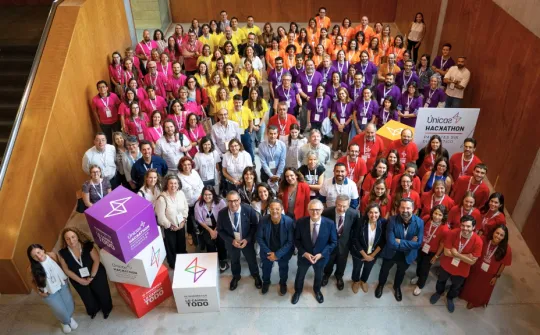SJD Barcelona Children's Hospital hosts the European reference centre for patients with rare diseases from Ukraine
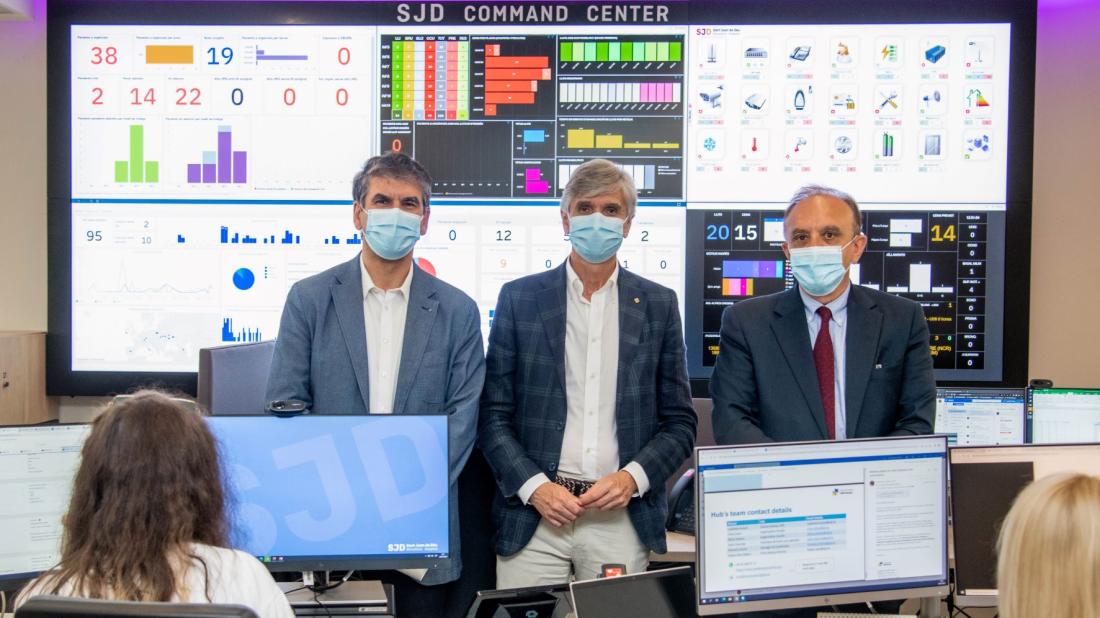
The Rare Diseases Hub Ukraine is guided by the European Commission, the European Reference Networks (ERNs), the European Children's Hospitals Organisation (ECHO), the Autonomous Government of Catalonia and Foundation 29.
SJD Barcelona Children's Hospital is the headquarters of the European reference centre which has been created to respond to Ukrainian patients diagnosed with a rare disease. In Ukraine, it is calculated that there are around two million patients suffering from rare diseases, the majority are children whose situation has become more acute because of the crisis arising from the conflict.
These rare diseases affect five in 10,000 inhabitants and in the majority of cases diagnosis is complex and difficult to detect and treat. For this reason, and in order to respond to the clinical complexity that these cases require, whether in Ukraine or outside, the Rare Diseases Hub Ukraine project has been launched.
The initiative is driven by the 24 European Reference Networks (ERNs) for rare diseases, the European Children's Hospitals Organisation (ECHO), the Autonomous Government of Catalonia, and SJD Barcelona Children's Hospital, and has the endorsement of the European Commission and the support of Eurordis (the European organization for rare diseases) and Foundation 29. The project has a broad partnership network among healthcare providers and hospitals, institutions, patient associations, NGOs, and other bodies involved in managing rare diseases.
The platform connects patients that have rare diseases from Ukraine, whether they are living in their home country or are refugees, with organizations and hospitals which are members of the ERNs, in order to provide them with the specialized medical support they may need during this emergency. According to Ruben Díaz, secretary general of ECHO, “this is about ensuring flexibility and reliability when connecting these patients' needs with the bodies that could help provide a solution, by way of optimizing the resources available.”
In this context, and with the recommendation of the ERN and Eurorid coordinators, “from ECHO we suggested SJD Barcelona Children's Hospital create a virtual hub to centralise demand and channel the response to these requests, given its existing infrastructure and experience with rare diseases,” says Ruben Díaz.
Indeed, a fundamental part of the project is Cortex, the contact and command centre of SJD Barcelona Children's Hospital, where screening of the requests received takes place and the management strategy is defined for each case. Each patient's advice to a response depends on the hospitals involved, while the logistical support is the responsibility of the bodies such as Eurordis or rescEU (European system to combat natural disasters).
Since beginning its activities at the end of May, the Hub has recorded close to 1,300 visits to its online platform and over 170 requests.
Both patients and specialists can contact the Hub team through a form they can find on the website and the project's app. A case can also be presented via a telephone call, which can be taken in Ukrainian, English, or Spanish.
Foundation 29 has developed the web app which is based on what it knows about the needs of Ukrainian patients with rare diseases. The Microsoft security team has contributed altruistically, carrying out security tests for the app and helping with cybersecurity.
Urgent and effective response
The Hub managers believe that this project will help firstly to provide an urgent and effective response for Ukrainian patients who need it, but it will also serve as a pilot to gain more knowledge and experience on how to respond to other medical emergencies or manage a permanent platform.
Alexis Arzimanoglou, coordinator of the 24 ERNs, has noted “the support of the European Reference Networks for SJD Barcelona Children's Hospital initiative of creating a service Hub for Ukrainian patients and caregivers, who are still in Ukraine or who have been forced to flee the country.” And he added: “The Hub is an important asset in the management of the current humanitarian crisis. It offers all ERNs invaluable support, providing, among other things, screening services, the collection of medical information and translation requirements.”
Anastasiia's case
Anastasiia is a 21-year-old woman who has serious myasthenia (autoimmune neuromuscular disease). Her condition is unstable and the transfer to a hospital outside Ukraine is not advisable at the moment. The Hub's efforts have enabled there to be coordination between the ERN European doctors and her specialist. It has thus been agreed to administer her a new medication which is improving her situation. Her mother wants to express her gratitude to the doctors who have shared their knowledge in order to benefit her daughter's condition.
